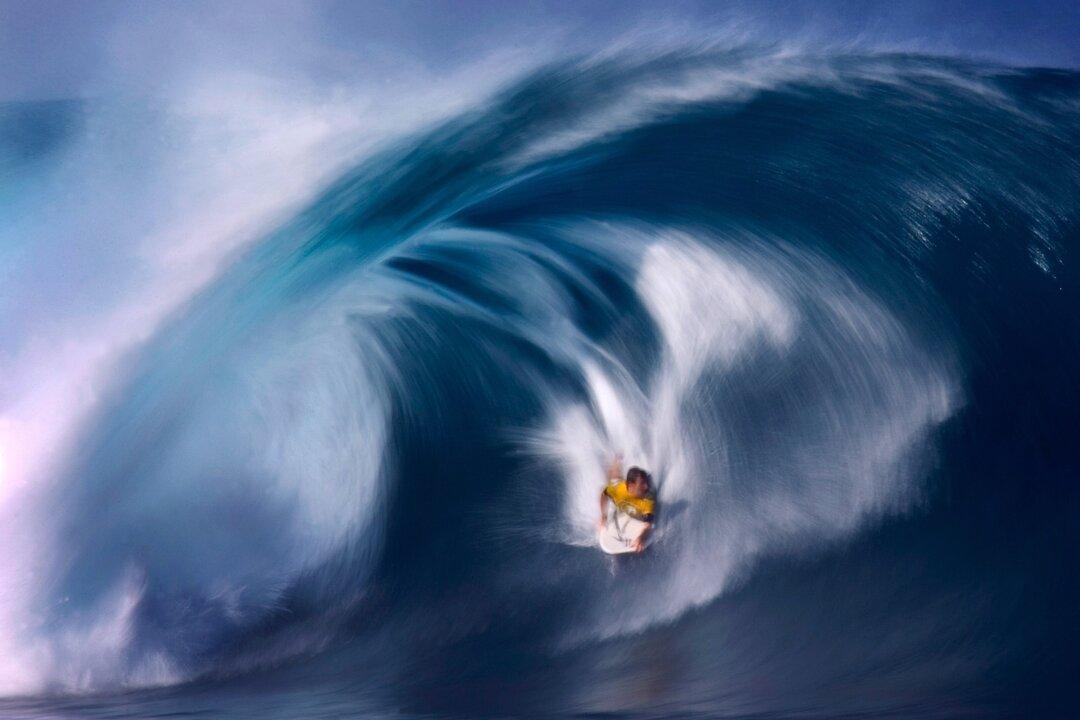Surfing, skateboarding, climbing, and karate will become Olympics sports for the first time ever at Tokyo 2020 after a long-anticipated decision was confirmed by the International Olympic Committee (IOC) on Aug. 3. Baseball/softball has also been let back into the games for the first time since 2008.
Since the Olympic governing body said that five new sports would be approved as a “package” rather than individually, the decision became a matter of formality. But how did these sports end up on top? Why were they the chosen ones, and not squash, roller sports, or wushu, a Chinese martial art?
The first reason is simple: they are relevant to Japan. Baseball is Japan’s biggest sport by a mile, karate is a traditional favorite, and skateboarding is popular among young people. What the IOC did—and is probably going to do from now on—is empower the Olympic host cities to create their own sport programs.
This is a reasonable approach. Japanese spectators and TV viewers will be much more interested in baseball than, say, the modern pentathlon—even though it is not being dropped from the program in 2020. It’s possible that there will be more local favorites as the Olympics continue to rotate among the continents in the future. The next U.S. Olympics might see American football; and if India ever becomes a host country then cricket will surely get a look in.
Under the IOC’s Agenda 2020, no sports will be removed from the program to accommodate new ones—which would have happened in the past. But the number of disciplines and athletes taking part is limited, so it’s likely that some sports will be reduced in numbers.
Get Ready for Action
But there is a second rationale behind the five-sport package announced for Tokyo. Never before have so many so-called “action” sports entered the Olympics simultaneously. Skateboarding, climbing, and surfing follow in the footsteps of fellow extreme sports BMX and snowboarding, which have been unanimously praised as breaths of fresh air to the summer and winter Olympics.
